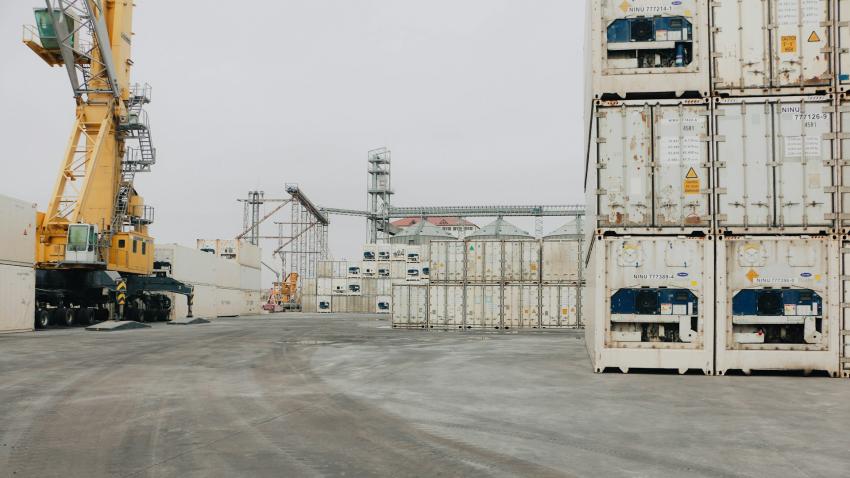You are here
Back to topNew Fresh Fruit Ports Nearing Completion in Harbin and Chengdu

According to Chinese domestic media reports, the designated port for imported fruits at Harbin Taiping International Airport in the capital of northeastern China’s Heilongjiang province has received official approval and licensing from China’s phytosanitary authority, AQSIQ, and is expected to be put into use by the end of 2016. Until now, although there were many kinds of imported fruits in the Harbin market, they were all transported from ports in other cities because Harbin port had no qualification for directly importing foreign fruits. This has led to lower freshness and slightly higher prices for consumers of imported fruit in Harbin.
Now that the designated port for imported fruit has been approved, import companies will be able to clear customs, quarantine and other related procedures for imported fresh fruit at the Harbin airport. As a result, it is expected that costs will be reduced and freshness will be improved. According to reports, the dedicated port has already been equipped with two cold storage units, which together will be able to store 40 to 50 tons of fruit.
Soon after Harbin’s approval, the designated port for imported fruits at Sichuan provincial capital Chengdu passed provincial inspection, clearing a hurdle to final approval and paving the way for direct import of fresh fruits via Shuangliu International Airport.
The application for Chengdu’s designated port for imported fruit was formally submitted to AQSIQ in September 2015, and AQSIQ approved the project in April of 2016.
AQSIQ implemented the designated ports system for imported fresh fruits starting from 2009 in order to manage risks associated with harmful organisms and substances in fresh fruits. Under this system, Chinese ports are not allowed to import fresh fruits unless they have received the status of designated port for fresh fruit (in Chinese, 进境水果口岸). In order to gain this status, the port needs to have quarantine inspection facilities and personnel ready and available and approved by AQSIQ.
Though most imported fruit still enters China at major coastal ports, there has been a trend in recent years of smaller cities applying for and constructing designated port facilities, especially at airports in China’s interior. The Hefei airport designated port in Anhui province started trial operations in July. Also in July, the Qinhuangdao designated port for imported fruit in Hebei province was officially approved by AQSIQ and received a license issued by AQSIQ, becoming the first designated port for imported fruit in Hebei province. In August, AQSIQ approved the construction of designated port for imported fruits at Shuikou port at the overland crossing between Vietnam and China’s Guangxi autonomous region.
Overall, more designated ports should be a positive for imported fruits in the China market. It will provide greater opportunity for fruit to reach more markets and with higher freshness.















Add new comment